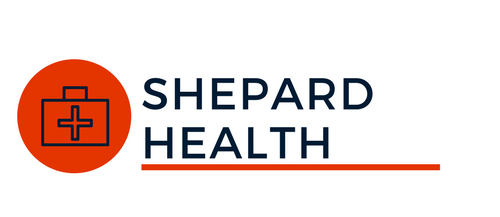Problem |Hepatitis C (HCV) treatment is very long and expensive. Effective treatment requires constant communication between providers and patients as well as consistent follow-up and management. The cost for medications to treat HCV are $84,000 per patient, or $310 billion for all those infected in the US. For comparison, the total spending in the United States on all drugs in 2020 was $348.4 billion. Only 3 US states are on target to meet the WHO 2030 HCV elimination targets all while Medicaid has instituted strict restrictions to accessing HCV treatment. Given the high cost and challenges in treatment adherences, payors are denying healthcare facilities opportunity to treat patients with HCV unless the providers have a clear track record of success.
Outcome| FIXXER™ allows clinicians to track who needs to be tested and where patients are in the process of treatment to ensure adherence. Utilizing FIXXER™ and Shepard Health’s HCV playbook, providers can achieve >60% SVR rates and track key metrics payors are requiring to increase HCV treatment approvals for your facility.
Solution| FIXXER™ and Shepard Health’s evidence-based HCV playbook screens patients at risk for infection, identifies infected patients, monitors the patient while in treatment, and provides real-time notification for changes in treatment. Utilizing Shepard Health’s FIXXER™, providers can tracks active IV drug users and other individuals at risk for infection followed by continuous surveillance of RNA and antibody results ensuring real time patient identification. FIXXER™ alerts clinicians to schedule appointments for visits, viral check, blood results etc. while monitoring the patient check-ins to these appointments. The process flow ensures accountability on the clinical and patient side leading to an increase the SVR achievement rate for patients enrolled in the treatment.
Citations
Anand BS, Currie S, Dieperink E, et al. Alcohol use and treatment of hepatitis C virus: results of a national multicenter study. Gastroenterology. 2006;130:1607–1616.
Matej Mikulic, Prescription drug expenditure in the United States from 1960 to 2020 https://www.statista.com/statistics/184914/prescription-drug-expenditures-in-the-us-since-1960/. Updated , Jan 14, 2022.
Gamkrelidze I, Pawlotsky JM, Lazarus JV, et al. Progress towards hepatitis C virus elimination in high-income countries: An updated analysis. Liver Int. 2021;41(3):456-463.
Trooskin Stacey B. et al., Access to New Hepatitis C Drugs: Medicine, Money, and Advocacy, 61 Clinical Infectious Diseases 1825, 1827 (2015)

